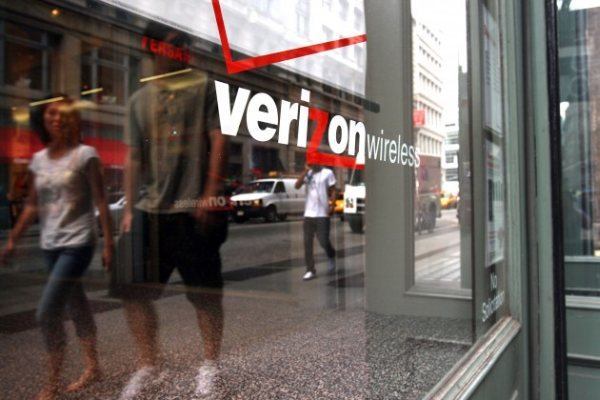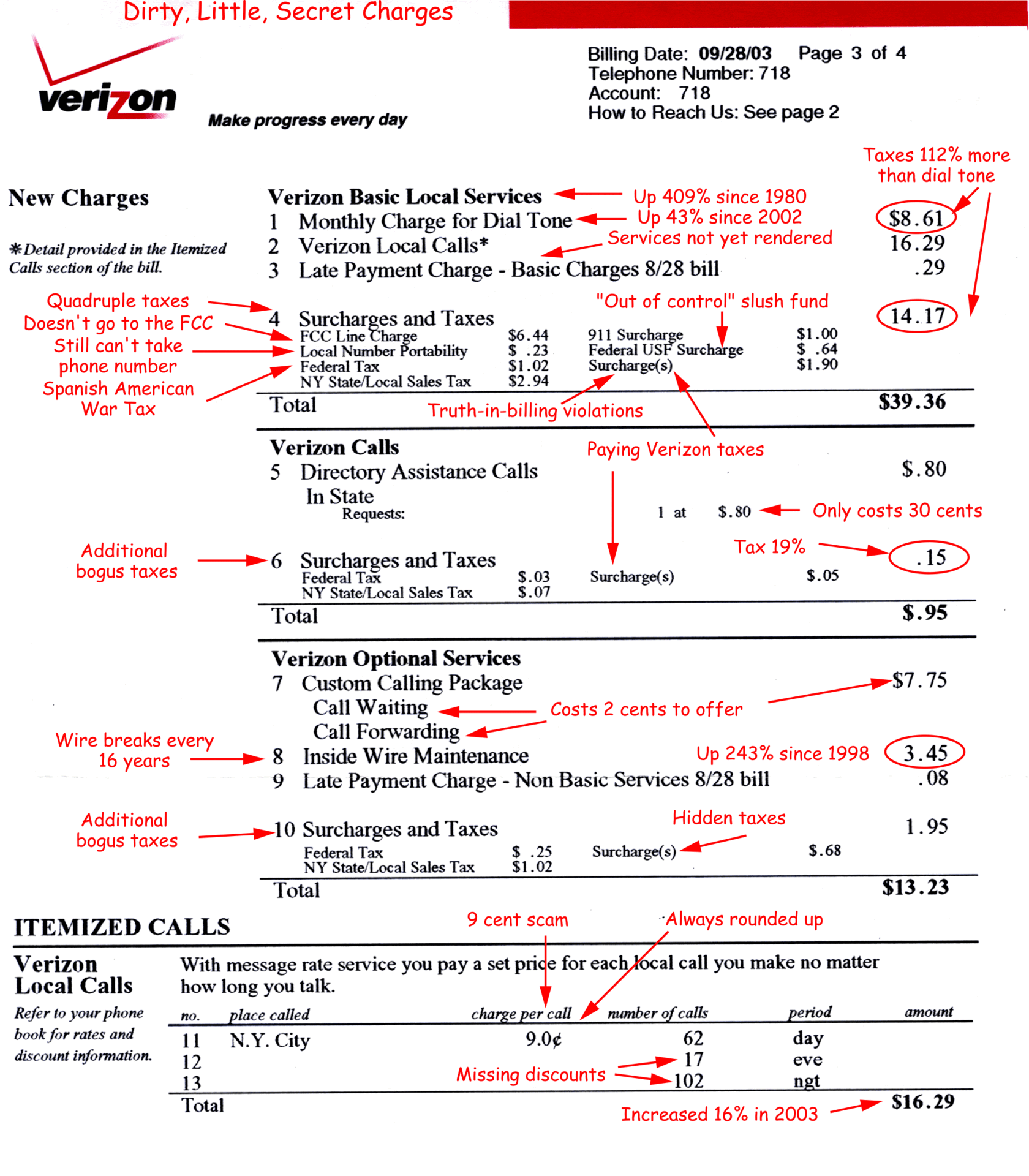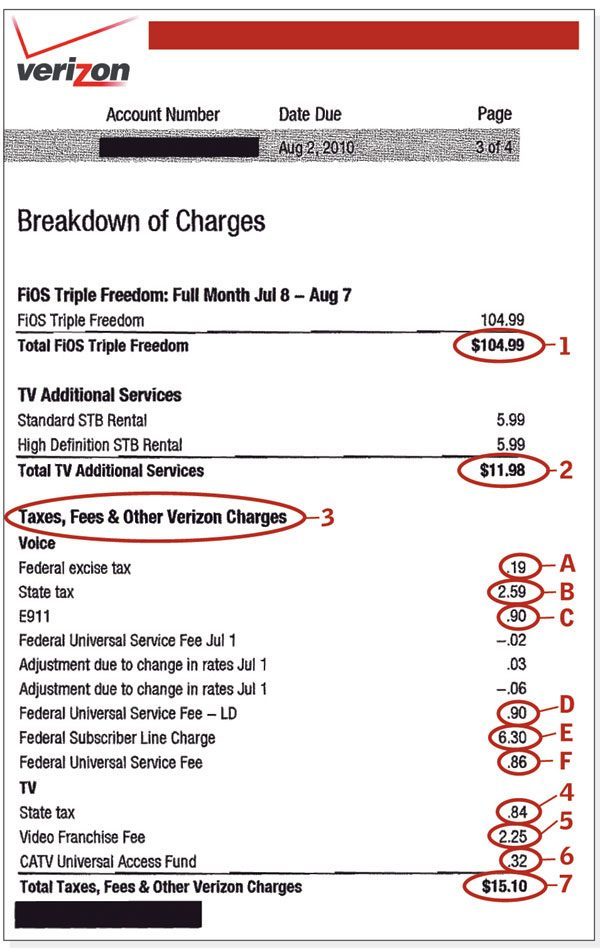Affiliate links on Android Authority may earn us a commission. Learn more.
Verizon settles with yet another state for misrepresenting prices

Recently, Verizon agreed to pay around $1.37 million to Maryland consumers after Maryland’s Consumer Protection Division accused Verizon of misrepresenting the price of its FiOS television, phone and Internet bundles. In addition, Verizon will pay a $250,000 fine and $75,000 in other costs to the state of Maryland. Verizon will also change its advertising to reflect “more detailing pricing information.”
As Baltimore BizJournal noted, this was started by a state investigation into Verizon failing to deliver promotional items that had been promised to new FiOS customers, including TV’s and gift cards. Verizon also failed to disclose the cost of leasing equipment and failed to disclose the high termination fee that customers would get hit with if they cancelled their service due to not receiving their promised monthly price. Then there were the constant complaints about Verizon’s billing and customer service.
“Verizon’s activities when it was rolling out FiOS established it as one of our office’s biggest complaint generators,” Gansler said in the statement. “I’m pleased that Verizon is changing its marketing practices to accurately reflect the total cost of its services and that a significant number of consumers will receive restitution as a result of this agreement.” – Maryland Attorney General Douglas Gansler, BizJournal

This isn’t the first time that Verizon has been fined by a state’s attorney general’s office.
In 2007, New York Attorney General Andrew M. Cuomo accused Verizon Wireless of similar deceptive marketing practices of its internet usage plans. Verizon eventually settled with New York and reimbursed $1 million to customers. Apparently, Verizon was marketing plans as “Unlimited” yet didn’t tell consumers that common usages such as downloading movies or playing games were prohibited.
“The company also cut off heavy internet users for exceeding an undisclosed cap of usage per month. As a result, customers misled by the company’s claims, enrolled in its Unlimited plans, only to have their accounts abruptly terminated for excessive use, leaving them without internet services and unable to obtain refunds.” – Attorney General’s Office, New York
In 2004, Tennessee’s Attorney General accused Verizon of deceptive marketing practices and would eventually settle with the state of Tennessee through an “Assurance of Voluntary Compliance” which is basically Verizon’s way of saying, “We promise not to do it again.”
In 2009, New Jersey’s Attorney General accused Verizon of deceptive marketing practices through door-to-door advertisements which promised prices and prizes which were never given to those who signed up for Verizon’s service.

In 2010, Florida’s Attorney General accused Verizon Wireless of making money off of ringtone cramming practices. As this site has written about previously, cramming is a practice where third-parties agree with carriers to offer ringtones or other services to that wireless carrier’s customers in very deceptive ways.
Basically, Verizon continues to have their wrist lightly slapped when they trap thousands into multi-year contracts with high termination fees and make tens of millions in over-charging and extra fee’s.